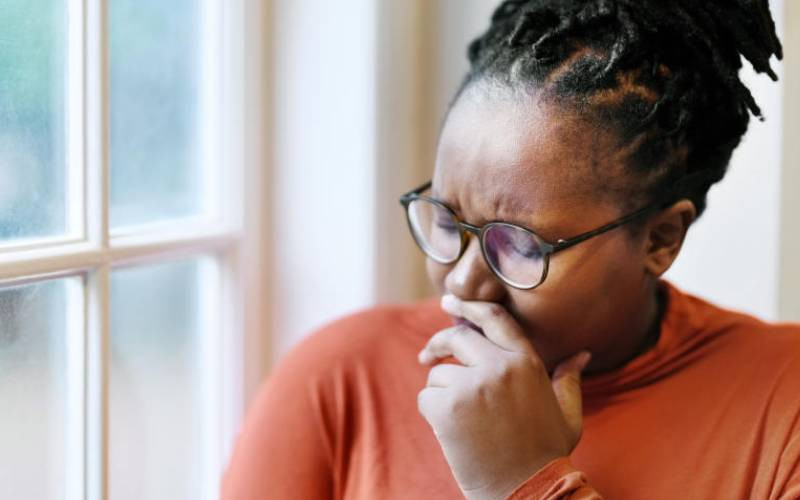
Several close friends have recently lost loved ones, leaving a trail of tears and sadness from grieving.
From a young amiable man in his prime, whose life was taken away by a freak accident, to a middle-aged man who has been ailing, whose health took a downturn and he passed on, to a revered elderly icon who has left a legacy of community service, religious growth, family and education.
In moments like this, we all pause and remember the limited and fleeting nature of our time in this world.
From the moment we are born death hooves around all of us from a myriad of sources and causes.
However, death is an indiscriminate equaliser that knows no age, class, race or stature, and its inevitability and mysterious nature, make us question the true purpose for our existence.
Despite our powerlessness unto this divine stage of one’s existence, as humans we are encouraged to grieve to properly process the loss experienced.
Grief is defined as a natural emotional response to loss, often associated with the death of a loved one, but it can also occur after other significant losses such as a serious illness or divorce.
It is an emotionally draining and exhausting process that affects everyone differently since it has no set pattern, but over time the intensity of grief eases and its expression subsides.
In various African cultures and religions, diverse sets of people grieve differently, especially on matters of death.
Psychologists have studied the aspect of grief and outlined the stages that are common for most people.
The two most referenced frameworks are the ‘Five Stages of Grief’ by Elisabeth Kübler-Ross and the ‘Four Phases of Grief’ proposed by John Bowlby and Colin Murray Parkes.
Bowlby and Parkes model outlines the four stages as shock and numbness, yearning and numbing, disorganisation and despair, and reorganisation and recovery.
The Kübler-Ross model outlines the five stages as denial, anger, bargaining, depression and acceptance.
Acknowledging that these stages do not necessarily occur linearly and not everyone must go through all of them, is key to offering appropriate support to all those bereaved.
The common types of grief include anticipatory grief, uncomplicated grief, inhibited grief, and complicated and collective grief.
Complicated grief also known as persistent complex bereavement disorder, occurs when the intensity of the grief is long-lasting, hence interfering with recovery and resumption of one’s daily life.
The presence of symptoms like sorrow and pain that do not diminish over time, coupled with extreme focus on reminders of the deceased, plus difficulty accepting their death, feelings of bitterness or self-blame are some of the pointers to this disorder.
Other concerning forms of grief include dysfunctional grief and prolonged grief disorder, where the above symptoms have lasted for more than six months in children and adolescents, and more than a year in adults.
We all need support from family, friends or professionals while navigating this process.
In loving memory of Muthomi, Mwangi and Kasabubu, Rest in eternal peace.
- The writer is a licensed psychologist/psychiatrist clinical officer and lecturer KMTC Meru Campus

